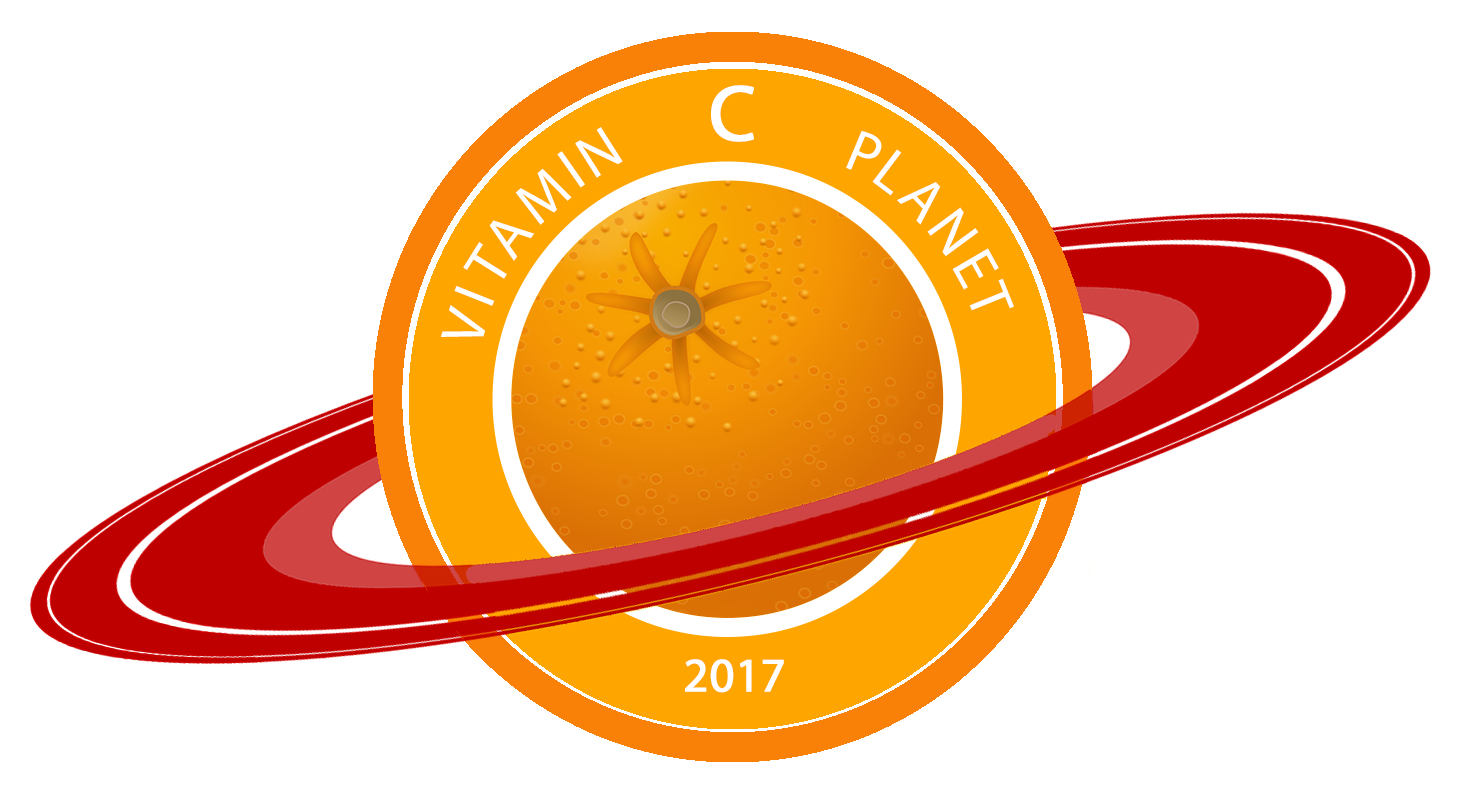Can Vitamin C Help Slowing Down Alzheimer’s disease progression?
Despite of the well-known antioxidant roles, the exact biological roles of Vitamin C on the brain function have only been recently described in details (1). In a study by Johns Hopkins University’s neurologists, results suggested that taking Vitamins C and E together might slow down the progress of Alzheimer’s disease.
The beneficial effects of Vitamin C in the normal function of the brain is not only limited to the Alzheimer’s disease. Researchers in the Germany have found that the serum-concentration of the Vitamin C is significantly lower in the patients with mild dementia in comparison to control individuals.
Although there is still a need for doing more researches to come to this conclusion that how Anti-oxidants can stop the Alzheimer’s disease progression, but the probable mechanisms are as follows:
Alzheimer’s disease (AD) is a neurodegenerative disease caused by the accumulation of amyloid-beta proteins, formation of hard and insoluble plaques, degeneration of fibrillar, and loss of synapses (2). In these conditions, the oxidative stress due to the free radicals is the most suspected reason. Oxidative stress is not only seen in the pathological situations, but also Reactive oxygen species (ROS), as the major free radical molecules, are produced as a part of the normal physiological processes during the production of ATP in the mitochondria. Increase in the level of ROS affects replication and transcription of mitochondrial DNA (mtDNA) which results in declining in the mitochondrial function. In a defective cycle, mitochondrial dysfunction leads to enhanced ROS production and related damages. Mitochondrial dysfunction is considered as another suspected reason for Alzheimer’s disease and there is a strong believe that targeting the mitochondrial dysfunction in the prodromal phase of the disease can slow down or prevent the neurodegenerative process and could restore neuronal function (3).
In a normal body, ROS are neutralized by antioxidant enzymes (superoxide dismutase, glutathione peroxidase, and catalase) and/or by antioxidants (including vitamin C, vitamin E, glutathione) within the cell and in the interstitial fluids. Shortage in these molecules in the body will help the defective cycle of the mitochondria, and there are some clinical studies which have reported the alterations in the mitochondrial function and Vitamin C deficiency among Alzheimer’s disease patients (4).
Regarding to what was stated above and also many clinical evidences, taking Vitamin C as a powerful water-soluble anti-oxidant could be beneficial in lowering the damage of free radicals and in this way, it may help the mitochondria in keeping normal function, and subsequently helping in slowing down of the Alzheimer’s disease progression.
Attention:
NOAH Vitamin C is Not for prevention or treatment of diseases.
NOAH Vitamin C is 100% Natural and Organic Vitamin C! Go Organic, live healthy!












